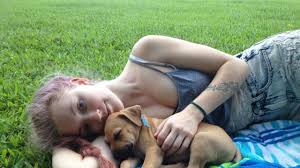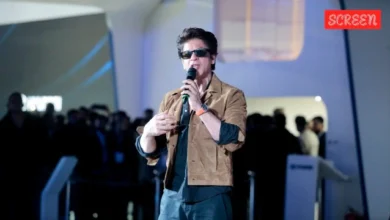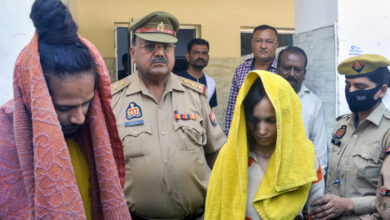Jury discharged in high-profile Australia beach murder
Toyah Cordingley was killed in 2018 while out walking her dog.

A jury in the trial of a former nurse charged with murdering a woman on a secluded Australian beach has been dismissed, after they were unable to agree on a verdict.
Toyah Cordingley was stabbed at least 26 times while walking her dog in October 2018.
The 24-year-old’s body was found by her father, half-buried in sand dunes on Wangetti beach between the tourist destinations of Cairns and Port Douglas.
Rajwinder Singh, 40, who arrived in India a day after Ms Cordingley’s body was discovered, was charged with murder. He was arrested and later extradited to Australia in 2023.
But jurors at Cairns Supreme Court indicated they were deadlocked, and could not agree unanimously on his guilt after two-and-half days of deliberations. The judge thanked the jury for their “diligence”.
According to Queensland law, jury verdicts in murder trials have to be unanimous. So Mr Singh will have another trial.

From Buttar Kalan in the Indian state of Punjab, Mr Singh was resident in Innisfail when he committed the killing, a town some two hours south of where the murder occurred.
Prosecutors did not have a motive for Ms Cordingley‘s killing – a health store attendant and volunteer at an animal shelter – and no evidence of a sexual assault had been found.
The Cairns Supreme Court trial heard DNA strongly believed to be Mr Singh’s was found on a stick in the grave of the victim.
Mobile phone tower data also indicated Ms Cordingley’s mobile phone had traveled in a similar trajectory to Mr Singh’s blue Alfa Romeo vehicle on the day the victim disappeared.
The prosecution also hinted that the rushed manner in which Mr Singh departed from Australia without bidding farewell to his family or coworkers indicated his culpability.
Mr Singh had also denied killing and had informed an undercover policeman he had witnessed the murder, then departed from Australia, abandoning his wife and kids since he feared for his own life.
His defence barrister described him as “a coward” but not a murderer, and criticised police for a “flawed” investigation that failed to examine other potential suspects thoroughly enough.
They added that DNA on the scene, including on the victim’s abandoned selfie stick, was not Mr Singh’s profile.
“There is an unknown person’s DNA at that graveyard,” defence barrister Angus Edwards told the jury.





